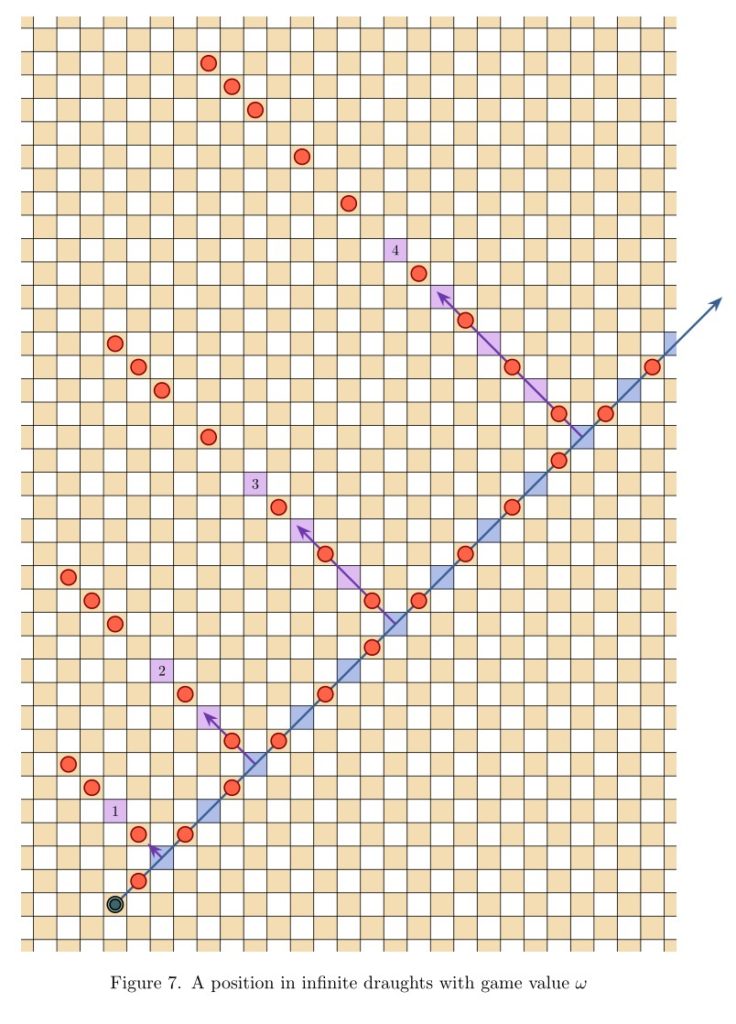I shall be speaking at the ForcingFest meeting at the University of Oslo, 21 June 2024.

Abstract. I will explain how the forcing construction can be seen as a direct implementation of the iterative conception, giving rise to the cumulative hierarchy, but undertaken in the context of multivalued logic. The shape of the logic that is available in effect enables a certain constructive interference of the truth values in such a way that can affect the truth judgements. The core utility of forcing arises from the fact that we can often control these consequences by making a careful choice of the logic to be used, thereby controlling the truth values even of natural set-theoretic statements such as the continuum hypothesis.




